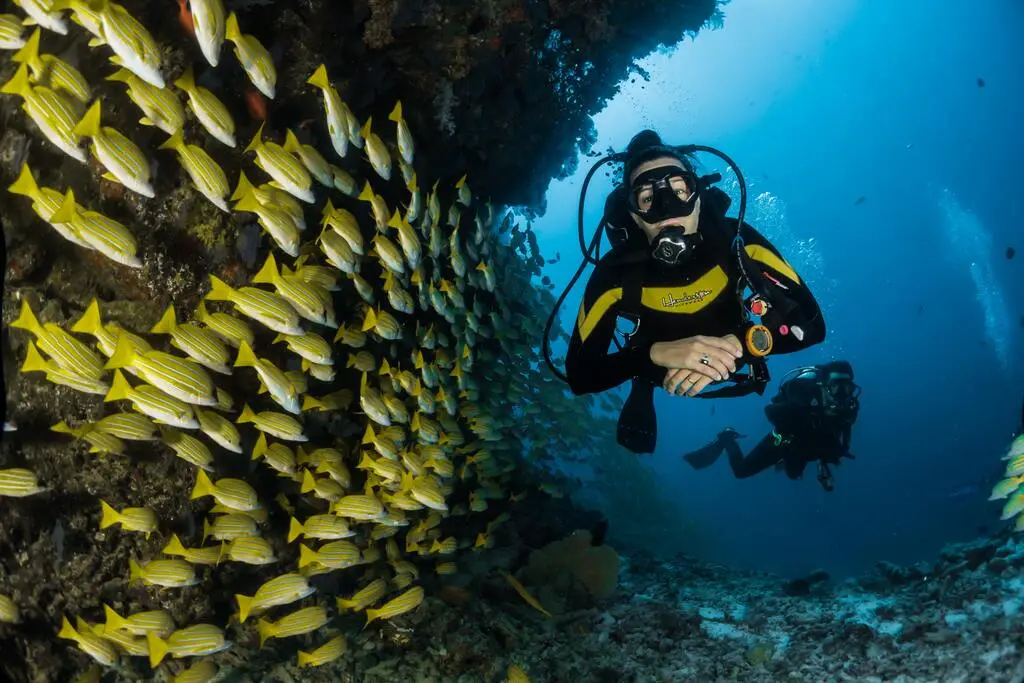
This course provides an overview of marine habitat conservation and restoration. Students will learn about the importance of marine habitats, the threats they face, and the various methods used to conserve and restore them. Topics covered include marine ecosystem dynamics, habitat degradation and loss, marine protected areas, restoration techniques, and legal frameworks for conservation. Through case studies and hands-on activities, students will gain practical knowledge and skills to manage and protect marine habitats.
Marine habitats are essential for the survival of various marine species and play a crucial role in maintaining the balance of the ocean's ecosystem. The threats that marine habitats face include climate change, pollution, overfishing, and human development. In this course, students will learn about the different methods used to conserve and restore marine habitats.
Through hands-on activities and case studies, students will gain practical skills and knowledge to manage and protect marine habitats. Upon completion of this course, students will have a better understanding of the importance of marine habitats and the various methods used to conserve and restore them.
-
The ecological importance of marine habitats is vast, as they support a wide range of species and provide many benefits to humans, such as food, recreation, and tourism.
-
Unfortunately, these habitats are facing numerous threats, including climate change, pollution, overfishing, and habitat destruction. Understanding these threats is crucial for developing effective conservation and restoration strategies.
-
Conservation and restoration methods can vary depending on the specific habitat and its needs. For example, restoring seagrasses may involve planting new shoots or reducing nutrient inputs, while protecting coral reefs may involve establishing marine protected areas or reducing fishing pressure.
-
Case studies of successful conservation and restoration projects can provide valuable insights into what works and what doesn't. By studying these examples, we can learn from past mistakes and build on past successes.
-
Legal and policy frameworks are also important considerations in marine habitat conservation and restoration. In Australia, there are numerous laws and regulations that govern marine activities, and understanding these frameworks is essential for effective management.
-
Finally, stakeholders play a critical role in conservation and restoration efforts. This includes not only government agencies and NGOs, but also local communities, industry groups, and individual citizens. Building partnerships and engaging stakeholders is key to achieving lasting conservation and restoration outcomes.
-
Certificate III in Marine Habitat Conservation and Restoration Management

